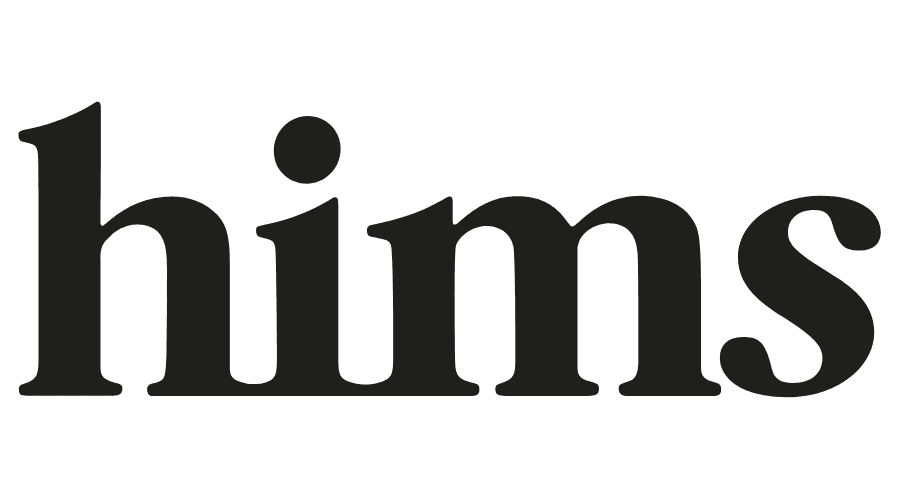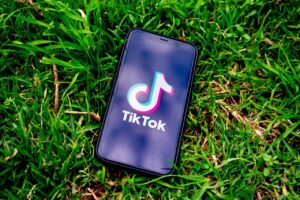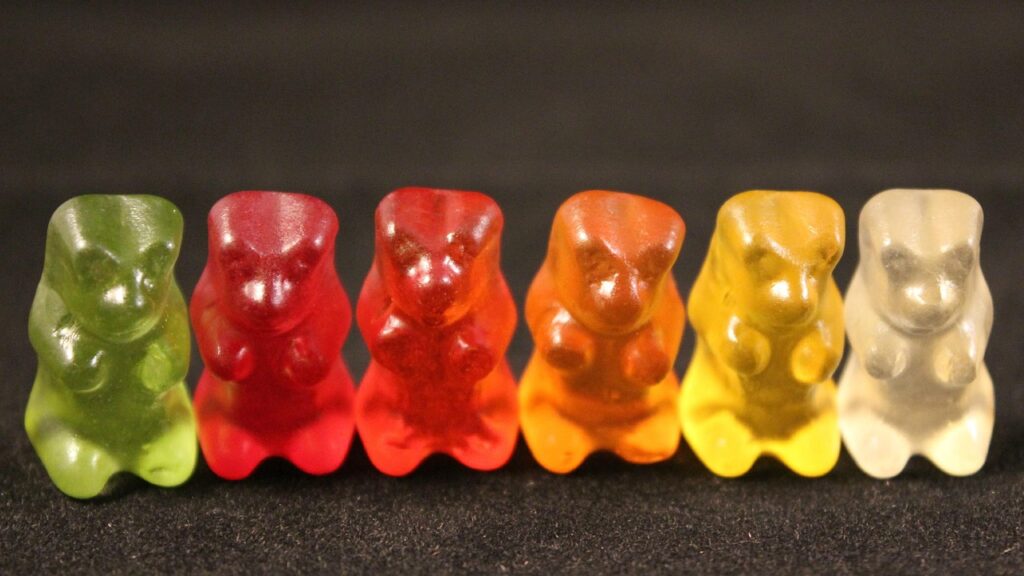When Viral Health Hacks Go Too Far
From chlorophyll drops to internal showers and dry scooping pre-workout powder, TikTok has become a wildfire of DIY health advice. For millions of users—especially younger adults and moms looking for quick wellness fixes—the platform feels like a shortcut to feeling better.
But there’s a problem: many of these TikTok health trends are unproven at best, and dangerous at worst.
As health misinformation continues to spread, experts are speaking out about the risks of taking medical advice from influencers instead of professionals. So what’s trending, what’s troubling, and what’s actually worth trying?
Let’s break it down.
The Most-Watched Doesn’t Mean Most-Accurate
TikTok’s algorithm rewards content that’s catchy, fast-paced, and visually interesting—not necessarily evidence-based. That means a creator promising to “heal your gut in 3 days” or “detox your liver overnight” might go viral regardless of the science.
Some of the most popular TikTok health trends that experts warn against include:
- Berberine as “nature’s Ozempic”: While this herbal supplement may help with blood sugar in certain cases, using it for weight loss without medical guidance can be risky.
- “Internal showers” with chia seeds and lemon water: Drinking a massive amount of fiber all at once might lead to bloating or discomfort—definitely not a real detox.
- Dry scooping pre-workout: This trend has landed some teens in the ER with heart issues. Pre-workout powders are meant to be diluted for a reason.
Even relatively benign trends like drinking chlorophyll water may come with overblown claims. While chlorophyll isn’t harmful in moderation, it won’t cure acne or detox your blood, as many videos claim.
Why We Fall for Wellness “Quick Fixes”
It’s easy to see the appeal. These trends often:
- Feel empowering (“you can heal yourself!”)
- Promise rapid results without a doctor
- Look fun or aesthetic to try
- Are delivered by people who seem relatable and healthy
But health doesn’t work that way. True wellness is usually slow, consistent, and tailored to your individual needs—not one-size-fits-all and certainly not viral.
What to Do Instead
If you love scrolling TikTok for health inspiration, you don’t need to delete the app. Just approach it with healthy skepticism:
- Check if the creator lists credentials. Are they a registered dietitian or medical professional?
- Search for reputable sources like Mayo Clinic, CDC, or Cleveland Clinic to verify claims.
- Avoid any trend that involves ingesting large amounts of a substance, skipping meals, or making drastic changes overnight.
- Remember: if it sounds too good to be true, it probably is.
Better yet, use TikTok as a springboard to ask your doctor smarter questions, not as a replacement for care.
Final Takeaway
TikTok can be a fun place to learn new recipes, fitness moves, or even health tips—but it’s not your doctor. While some trends are harmless or even helpful, others are rooted in misinformation and could be harmful if taken too far.
When it comes to your health, it pays to pause before following a trend—especially when it’s going viral for all the wrong reasons.
Top Weight Loss Programs

Remedy Meds

Medvi

Hims

ShedRX









